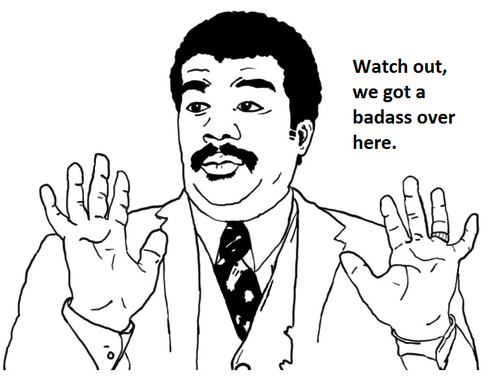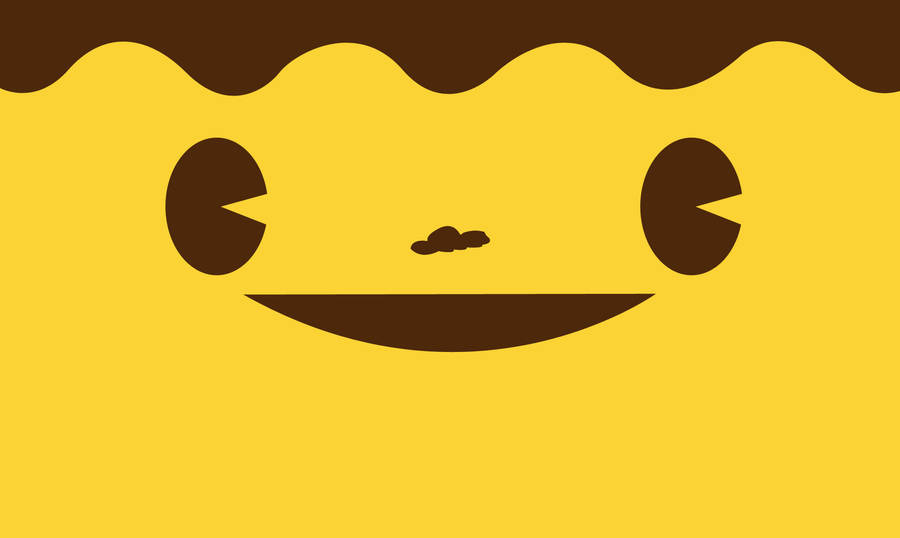Well I'm just sharing this new as I'm a Quality Control Officer at TNT (Mauritius).
It pointless but I need to a way to get this text when I get back home (actually at work :p)
Dear Colleagues,
Today we announced the intended acquisition of TNT by FedEx. Many of you will have absorbed this news with mixed feelings. For some, it may even come as a shock. The Outlook strategy and TNT-The People Network were launched in 2014 and we are all working hard to create a new bright future for all stakeholders of TNT. It is exactly this strategy and the hard work we have all put in over the past months, as presented at our Capital Markets Day just weeks ago, that has triggered FedEx to launch a bid on all of our outstanding shares. So this bid is a testimony to your good work and intrinsic value of TNT.
So how should we view this new development? Whilst the Board did not initiate a possible takeover by FedEx, we have come to the conclusion that this is a good development for our stakeholders and particularly for our people and customers. It is important to realise that our business is complementary to FedEx’s. FedEx is of course huge in North America and its trade lane Asia-US is obviously highly significant. But it has relatively small operations in Europe, South America and the Middle East. Because our positions are very complementary, the risk of significant job losses is limited. FedEx is committed to invest in and retain our people. A very important point is that FedEx will establish its European head office in Hoofddorp. Also, our air hub in Liege will play an important role in the plans of FedEx, while TNT Airways will become a key service partner to the FedEx network, which is good news.
In our industry, scale, scope and competencies matter. A global network is needed in a world where customers and trade are increasingly global. TNT will now become part of a large and truly global company and with that, we increase our ability to service all stakeholders even better. TNT people will have access to the career and development opportunities that have made FedEx such a successful company. Our customers will have access to a global network and the latest technology to service their customers. Last but not least the intended acquisition will also be beneficial to our shareholders.
Of course, there will be changes that will affect us. For example, our name will at some point be replaced by the brand name FedEx – one of the strongest and most reputed brands in the world. But given our ‘orange hearts’, letting go of our brand will hurt.
Now that an acquisition of TNT by another company has yet again become a topic, the question that obviously comes to mind is whether we should be happy with FedEx rather than with someone else. The answer is a firm "yes”. FedEx is the vision of one man: Fred Smith. He started the company in 1973 and is still the Chairman/CEO and largest shareholder and today is as passionate about the company as he was in his younger days. Like TNT, he believes, that the service industry is all about committed People delivering superior Service and that profits follow. So from a cultural perspective, there could not be a better fit.
Having spoken with people from FedEx over the recent weeks and knowing the outstanding performance of that company, we as the whole Management Board are convinced that the intended acquisition of TNT by FedEx is the right next step for all stakeholders. If the bid is successful, FedEx will bring us a more secure future in a robust and growing company.
In the next few months we will keep you closely informed. This acquisition is at this point in time only an intention – employee representatives, shareholders as well as regulators will have to give their opinion. It is important that we all continue to work as engaged and committed, fully focussed on servicing our customers, as we did before and implement the Outlook strategy relentlessly. Remember it’s our own future that we are securing irrespective of who the owner is!
Let's continue to go the Extra Mile!
Tex Gunning
-
FedEx Bought TNT
-
Please don't blow up my packages with TNT.
-
Pot calling the kettle...
You're always annoying...
-
Did someone say TNT?
-
Sorry for acting too fast, I didn't notice you weren't talking with me.
You said it... hopefully for him, I won't respond anymore. Everyone's tired of neuroscience now.
-
-
-
Don't mind Kelzio, he feels some desperate need to be the center of attention and pick a fight with everyone.
-
Leave Obnoxious alone! Leave him alone!

Don't mind Pysiina, he's just being his usual know-it-all thread spam whore.
-
I know you don't get what she tried to say by that, but I heard it enough in the past and understood it quite well.
You forgot to add that any of these statements would be denied later down the line when it's less convenient.
We can all pretend that it doesn't need a serious **** up to actually get into any kind of trouble, it's fine with me to keep that a secret.
-
I meant that nothing would happen to Obnoxious even if we did have a problem with him and reported it.

-
I know, that's why I said he would need to act very seriously out of line for something to come his way.
-
-
A depression-like response (anhedonia etc) to bereavement (which isn't my word) generally isn't considered depression because it's a proportional response. As you said yourself, depression can be considered a disproportionately negative reaction to unpleasant events; however, the exact cause(s) of depression are not fully understood (there appear to be biological and hereditary components), and it is conceivable that someone would become depressed without being triggered by anything in particular. There isn't a concise explanation of the causes of depression agreed upon in the psych community, so I don't think it's really worth debating here at all.
I agree that the "triggers" for depression, or the aspects of a depressed person's life that they feel are particularly problematic (disregarding the initial cause of their depression) do not have to make sense, either to the outside observer or the depressed person themselves. I think we have a similar understanding of depression in this respect. My conclusion from that, though, is that people who are depressed are making inaccurate judgements, and therefore cannot determine whether or not their life is worth living (and should be prevented from committing suicide), in much the same way that a drunk person cannot determine whether or not they should be, I don't know, driving, or something similar. I know that the analogy isn't perfect in many respects, but I think it does illustrate the idea that depressed people are unreliable judges. I think Oregon's (relatively new) law on assisted suicide handle this matter very well. I don't expect you to be familiar with it, of course, but the general idea is that someone can get a prescription for a medication to kill themselves if multiple physicians have confirmed that they will die within 6 months (from some other illness, obviously), and they have had a psych evaluation to ensure they have no mental disorder impairing their judgement. The idea is that there are certainly cases in which suicide may be a legitimate choice, but having a mental disorder immediately excludes a person from making that choice.
In regards to a severely depressed person (since we were originally talking about suicide, after all) having a "defective" mind, I would absolutely say that they do. I would say that anyone with a mental illness is somewhat defective. At that point (where the psychological abnormality inhibits one's daily life, a general criteria for something to be considered a disorder), I would say that the brain is failing to preform its duty and is defective in the same way someone who has to be on dialysis has defective kidneys. Whether it's "pure" or not is completely irrelevant to me. Furthermore, I abhor the idea that a depressed person is operating the way they should or the way they were "born" to. After all, brain development is nowhere near completion at birth and environment factors absolutely influence its continued development, but more importantly, that perspective suggests that depression may not be treatable, and that depressed people should accept that that is the way they function, and that is how their life will continue to be (i.e. completely miserable). I am sure you don't mean to suggest that people suffering from depression shouldn't seek treatment, but that's where your idea of depression being a normal state of functioning for some people leads.
None of us mods have been expressing opinions that would be censored if given by regular users. If you think our arguing violates the rules we enforce, you have a very poor understanding of the forum rules.
-
**** my depression and ever mentioning suicide... If I knew you'd guys make a 10 page argument about it and evolve it into a Member - Moderator relationship argument, I'd just kill myself before even asking anything, lol...


 Quote
Quote




